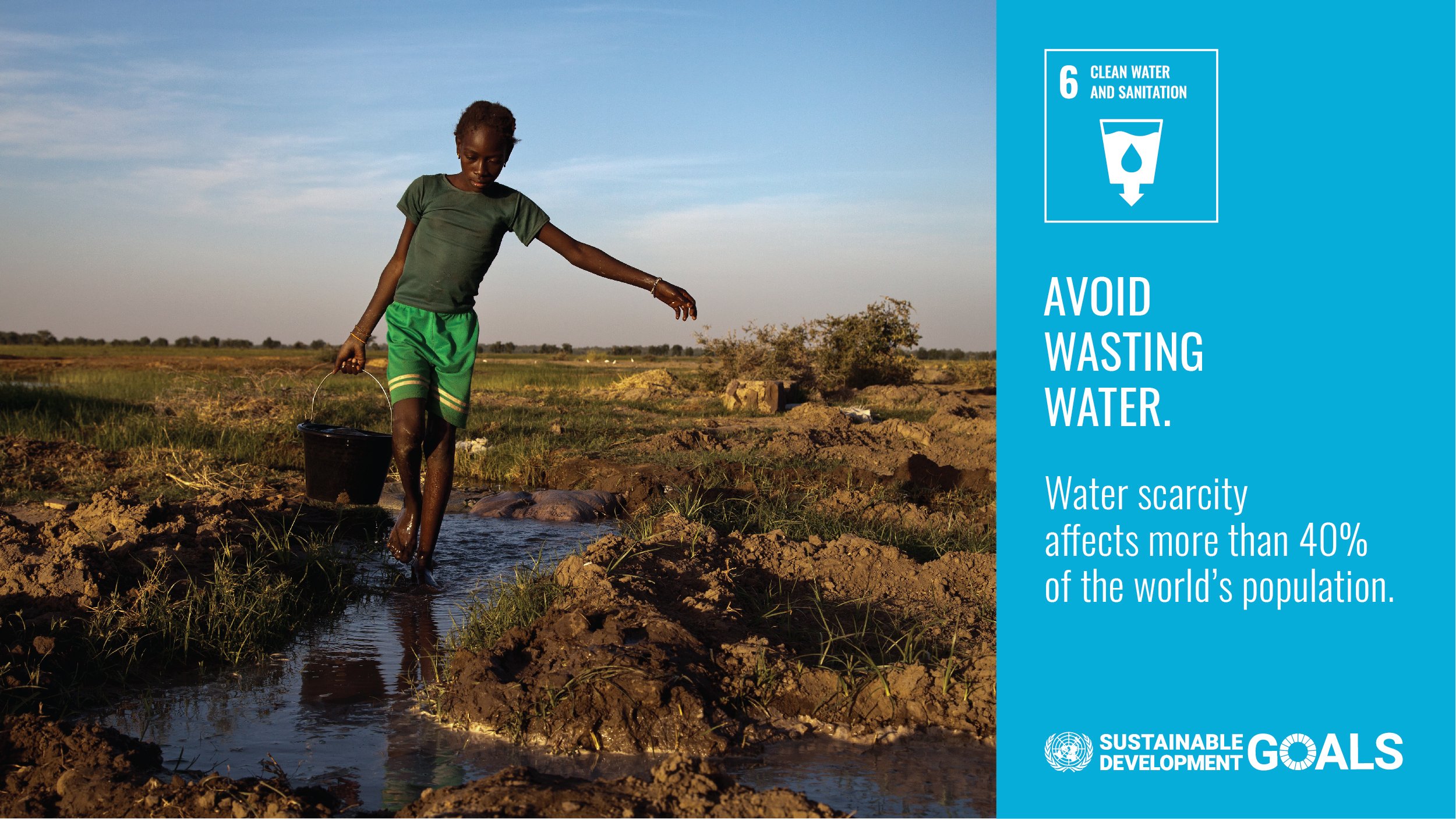Assessing the Social Impact of Safe Water Solutions in Uganda
Introduction:
Access to safe drinking water is a critical global issue, with profound implications for public health, economic development, and social well-being. In Uganda, where over 61% of the population lacks access to clean water sources, the stakes are particularly high. Diarrheal diseases, often caused by contaminated water, are the leading cause of death among children under five, underscoring the urgency of addressing this pressing challenge.
Against this backdrop, a team of interdisciplinary experts, including Asé Analytics’ own Ebony D. Johnson & Alexa White, embarked on a groundbreaking project to assess the social impact of ceramic water filters produced by a local social enterprise based in Kampala, Uganda. This initiative aimed to provide a comprehensive understanding of the effects of these water filters on the health, environment, and livelihoods of Ugandan communities.
The Project's Multifaceted Approach:
The project's approach was twofold, involving consumer surveys and a social life cycle assessment (SLCA). The consumer surveys aimed to examine the real-world impacts of the ceramic water filters on filter recipients, gathering data on health outcomes, environmental benefits, and economic implications. To ensure inclusivity and accuracy, the team employed computer-assisted personal interviewing (CAPI) software, hired local enumerators fluent in regional languages, and leveraged GIS mapping to track participant locations.
Complementing the consumer surveys, the team conducted an innovative SLCA, a cutting-edge technique for analyzing the social implications of sustainability solutions throughout their life cycle. This assessment focused on the social impacts of the ceramic water filters, from the extraction of raw materials to the product's end-of-life, engaging key stakeholders such as workers, local communities, and value chain actors.
Field Research and Community Engagement:
To gather comprehensive data, the team traveled to Uganda, where they conducted interviews with employees, managers, and supply chain partners, and performed ethnographic observations of the ceramic water filter production process. This hands-on approach allowed the researchers to gain firsthand insights into the working conditions, labor practices, and social responsibility initiatives within the organization.
Recognizing the importance of community engagement and reciprocity, the team also organized a series of impactful outreach initiatives. They purchased and donated ceramic water filters to two rural primary schools in Uganda, providing safe drinking water access to hundreds of children. Additionally, the team facilitated educational sessions on water-borne illnesses and proper filter maintenance, empowering local communities with knowledge and resources to safeguard their health.
Findings and Impact:
The team's findings shed light on the multifaceted impacts of ceramic water filters. Results indicate that the filters not only improve access to safe drinking water but also yield economic benefits by reducing the need for bottled water and charcoal for boiling. Participants had reported a noticeable decrease in water-borne diseases, particularly among children, underscoring the filters' potential to address a significant public health challenge.
However, the SLCA has also revealed areas for improvement within the organization, such as concerns over fair wages for factory workers and the need for comprehensive healthcare plans that cover dependents. The team's recommendations emphasize the importance of cultural humility training, worker unionization discussions, and diversifying the company's leadership to better reflect the communities it serves.
By leveraging the collective expertise of scholars from diverse backgrounds, the team not only advanced our understanding of the social impacts of safe water solutions but also paved the way for more equitable, inclusive, and socially responsible practices within the water filtration industry.
This work holds the potential to inform policy decisions, drive organizational change, and ultimately improve the lives of countless individuals in Uganda and beyond who lack access to safe drinking water.
Building upon the success of this initiative, Asé Analytics remains committed to fostering interdisciplinary collaborations, translating complex research into actionable strategies, and prioritizing inclusive and accessible knowledge dissemination. By partnering with organizations, communities, and stakeholders worldwide, we strive to drive transformative solutions that address pressing global challenges, promote sustainability, and assisting communities leading the charge towards a more equitable and just world.

